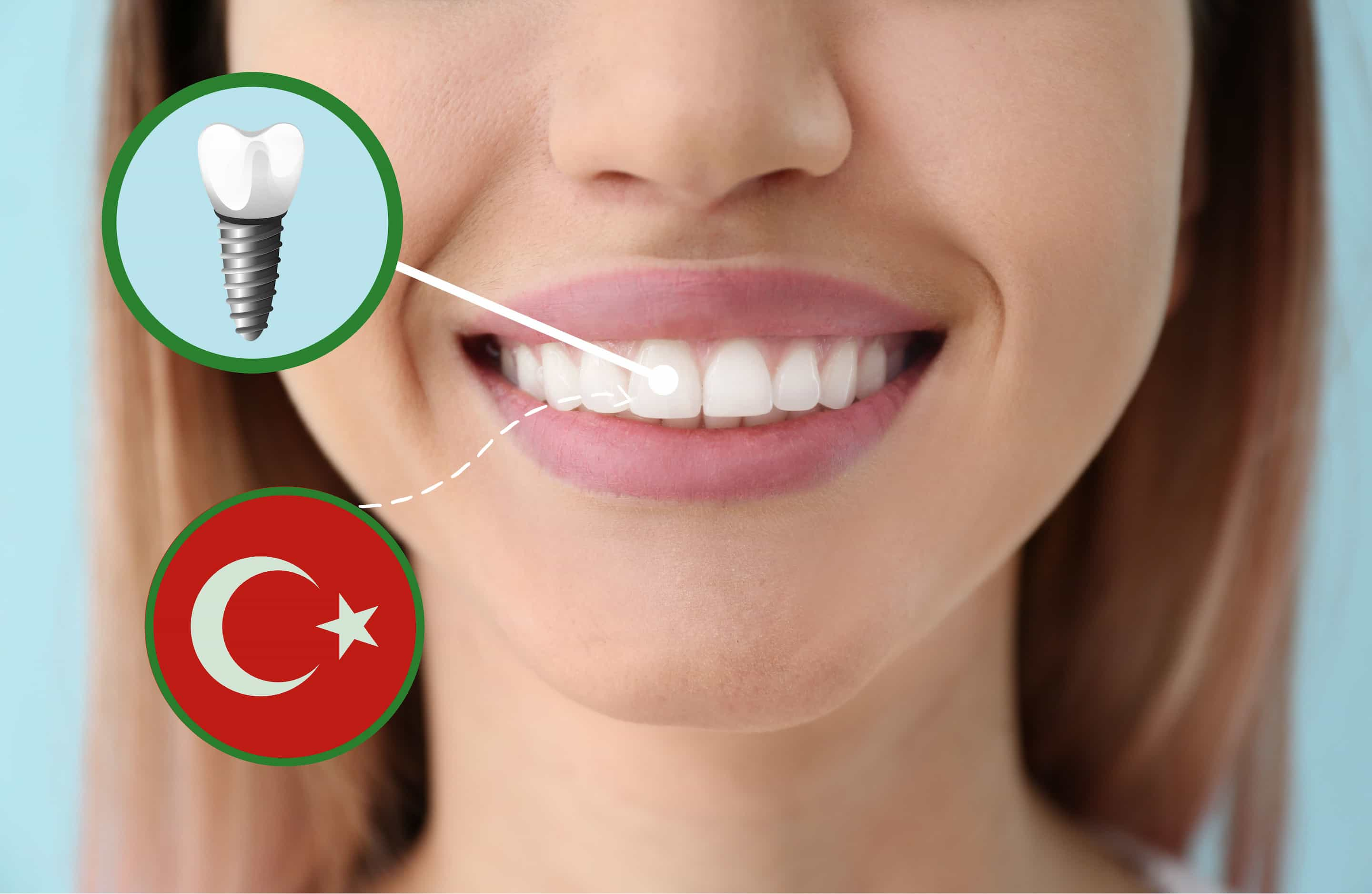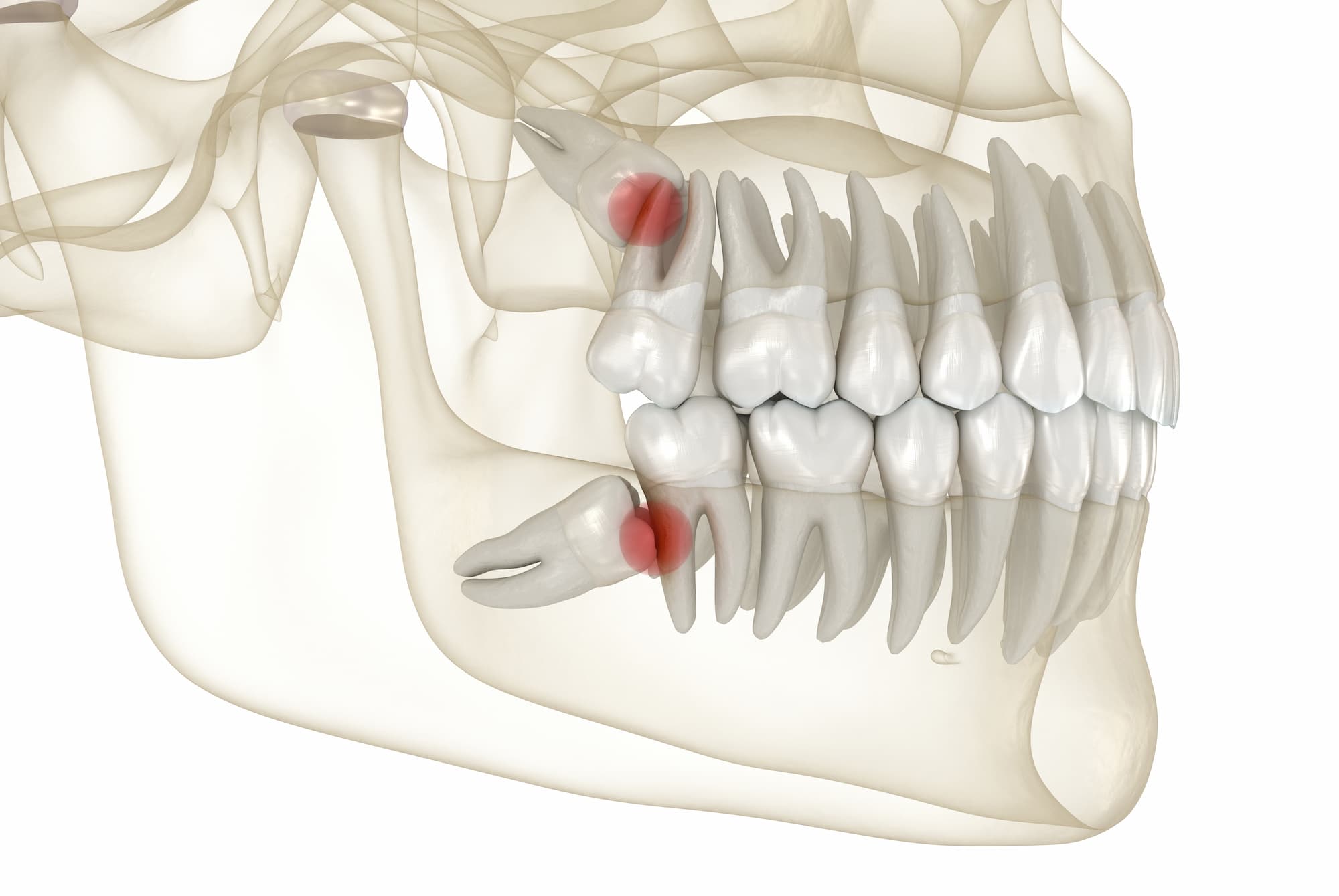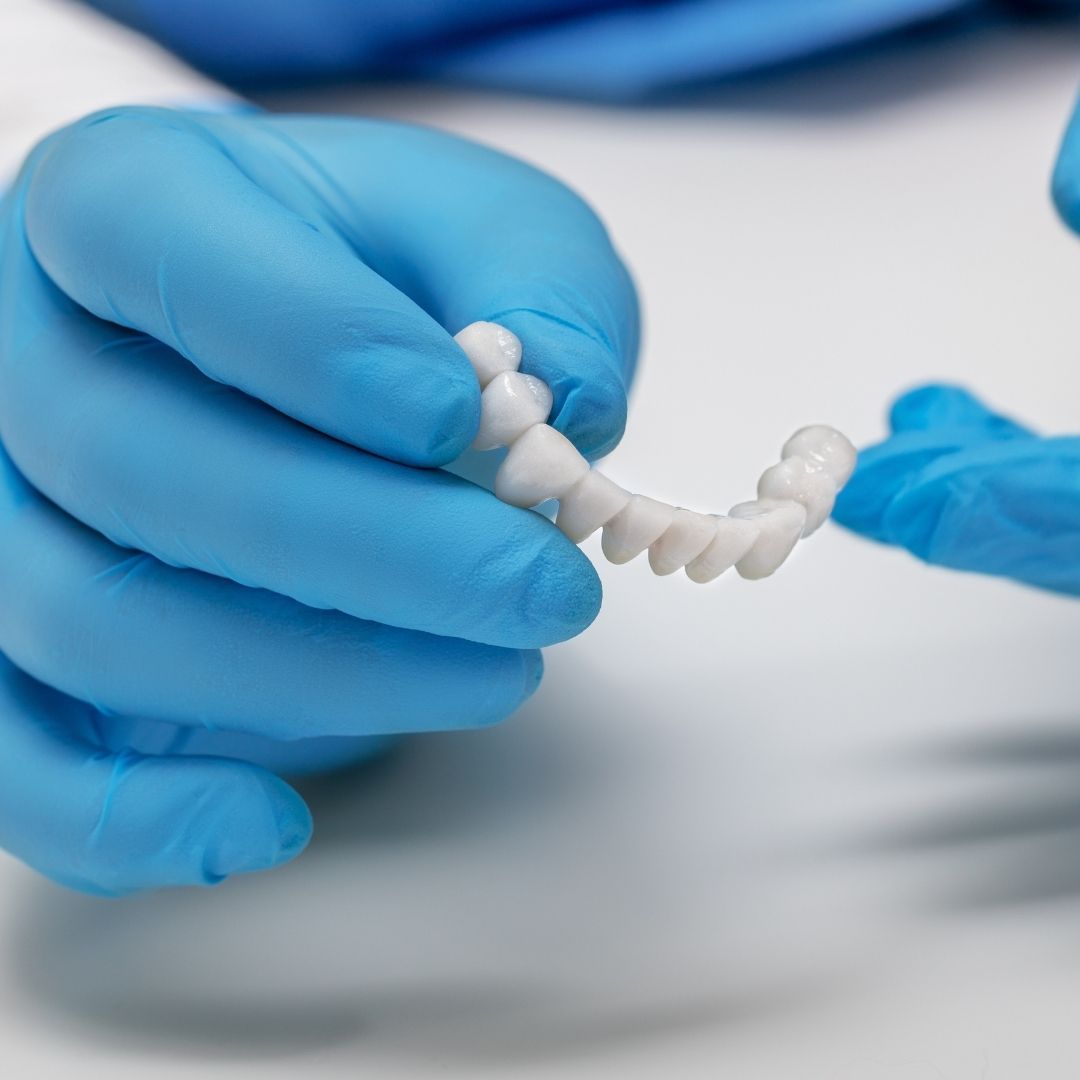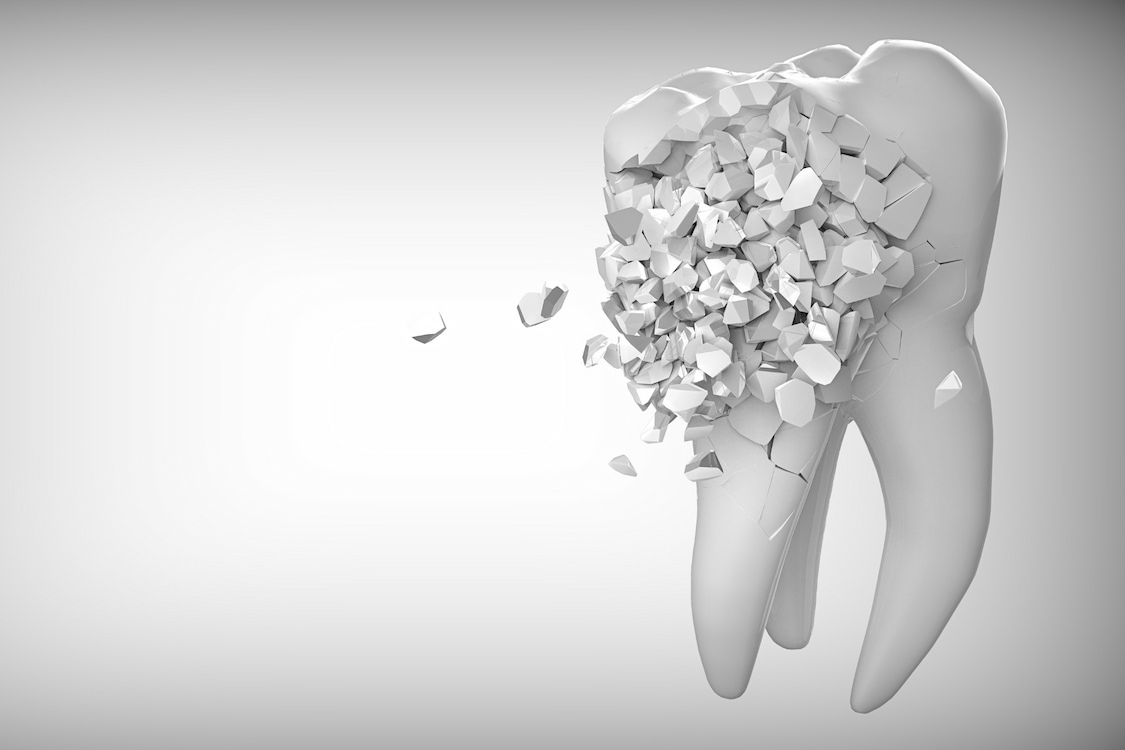
Broken Tooth, But No Pain? Here’s What To Do About It
A tooth cracked in half with no pain or a half tooth broken off can be a jarring experience, leaving you unsure of what to do next. Whether it's caused by trauma, decay, or simply wear and tear, a tooth broken in half can be a serious dental issue that requires prompt attention. However, sometimes a tooth may crack in half without causing any pain or discomfort, which can make it easy to ignore or put off seeking treatment.
In this article, we will explore the reasons why a tooth may crack, what to do if your tooth cracks in half, how cracked tooth no pain are repaired, whether you should brush a broken tooth, how long you can stay with a cracked tooth no pain, and how to protect your teeth from breaking off. By understanding the causes and treatments for a tooth cracked in half no pain, you can take the necessary steps to maintain your dental health and prevent further damage.
What To Do If Your Tooth Cracks In Half?
If your tooth cracks in half, it can be a frightening experience, but it's essential to stay calm and take the necessary steps to prevent further damage or infection. Here's what you can do if your tooth cracks in half:
Rinse your mouth with warm water: Rinse your mouth with warm water to remove any debris or bacteria around the cracked tooth no pain. This can help prevent infection and reduce pain or discomfort.
Save any broken pieces: If possible, save any broken pieces of the tooth. This can help the dentist to assess the extent of the damage and determine the best course of treatment.
Apply a cold compress: Apply a cold compress to the affected area to reduce swelling and alleviate pain or discomfort. You can use a bag of ice wrapped in a cloth or a cold pack.
Take pain relief medication: Over-the-counter pain relief medication, such as ibuprofen or acetaminophen, can help to alleviate pain and reduce swelling. Follow the dosage instructions carefully.
See a dentist: Even if you're not experiencing any pain or sensitivity, it's crucial to seek dental attention as soon as possible. A dentist can examine the tooth and determine the best course of treatment, which may include a filling, a dental crown , or a root canal, depending on the extent of the damage.
It's essential to avoid chewing on the affected tooth until you see a dentist, as this can cause further damage or infection. Also, be sure to maintain good oral hygiene by brushing and flossing regularly, as this can help prevent future dental issues.
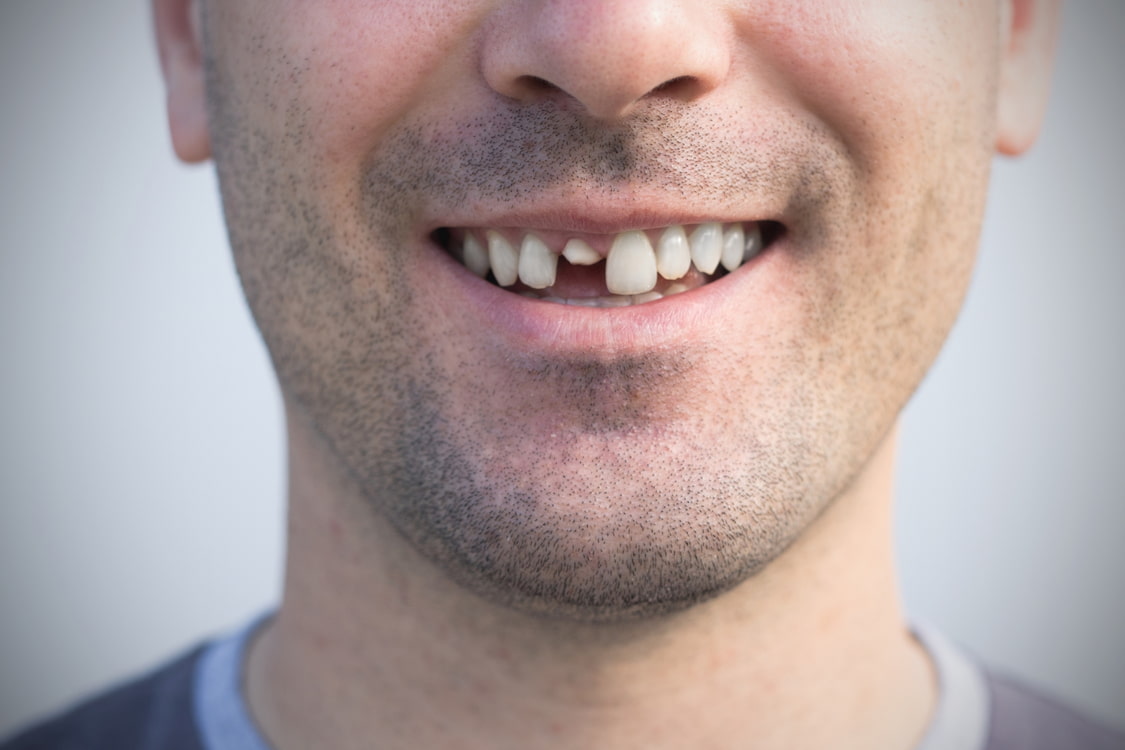
Reasons A Tooth Might Crack
A tooth can crack or break for various reasons, and it can occur without any pain or sensitivity, as is the case with a tooth cracked in half no pain. Some of the most common reasons why a tooth might crack include:
Biting hard objects: Teeth are designed to chew and grind soft foods, and biting hard objects, such as ice, hard candy, or bones, can cause a tooth to crack or break. In some cases, the tooth may split in half or break off, leading to severe discomfort and pain.
Trauma to the mouth: A blow to the mouth or face during an accident, sports, or any other physical activity can cause a tooth to crack, break or split in half. In some cases, the damage may not be immediately visible, and the tooth may crack later on.
Decay: Untreated cavities can weaken the structure of the tooth, making it more susceptible to cracking or breaking. The decay may cause the tooth to become brittle, and when it is subjected to pressure, it may crack or break.
Large fillings: Teeth that have large fillings may become weakened and prone to cracking or breaking. When the filling is too big or when there are multiple fillings in the same tooth, the tooth's structure may become compromised.
Bruxism: Grinding or clenching the teeth can put excessive pressure on the teeth , leading to cracks, chips, and fractures. Over time, the teeth may become weakened and prone to breaking, especially if the individual suffers from bruxism for an extended period.
When a tooth cracks in half, it's essential to seek dental attention as soon as possible. Even if there is no pain, the crack can lead to further damage or infection if left untreated. Therefore, it's crucial to understand the causes of a cracked tooth and take the necessary steps to prevent it from happening in the first place.
How Are Cracked Teeth Repaired?
If you have a tooth cracked in half no pain, you might be wondering how your dentist can repair it. Fortunately, there are several treatment options available, depending on the severity and location of the crack.
One common way to repair a cracked tooth is with a dental crown. A crown is a cap that fits over the top of the tooth, protecting it from further damage and restoring its appearance. The crown is custom-made to match the size, shape, and color of your natural tooth, ensuring a seamless fit. This treatment option is ideal for cases where the tooth is broken in half or split in half but the root is still intact.
If the crack has extended into the root of the tooth, a root canal may be necessary. During this procedure, your dentist will remove the damaged or infected pulp from inside the tooth and replace it with a filling. After the root canal, a crown may be placed over the tooth to protect it from further damage.
In some cases, a tooth broke in half no pain or chipped molar no pain can be repaired with a filling or bonding material. This treatment option is best suited for minor cracks that don't affect the structure of the tooth. The filling or bonding material is placed over the crack, filling in any gaps and restoring the tooth's appearance.
If the tooth is severely damaged and cannot be repaired, an extraction may be necessary. During this procedure, the tooth is removed from the socket, and the area is cleaned and disinfected. Depending on the location of the missing tooth, a dental implant or bridge may be recommended to replace it.
Regardless of the treatment option chosen, it's important to see your dentist as soon as possible if you have a broken tooth no pain or a tooth cracked in half with no pain. A cracked molar no pain can become infected or further damaged if left untreated, and early intervention is key to preventing more serious problems down the line.
How To Protect Teeth from Breaking Off?
Preventing a tooth cracked in half no pain or half my tooth broke off is much easier than treating it. Here are some tips to help protect your teeth from breaking off:
Wear a mouthguard: If you play contact sports or grind your teeth at night, wearing a mouthguard can help protect your teeth from injury. A mouthguard will absorb the shock from impact or grinding, reducing the risk of a broken tooth no pain or a tooth broke in half no pain.
Avoid chewing on hard objects: Chewing on ice, hard candy, or other hard objects can damage your teeth and increase the risk of a tooth cracked in half. Stick to softer foods and avoid using your teeth as tools to open packages or bottles.
Practice good oral hygiene: Keeping your teeth and gums healthy can also help prevent a tooth cracked no pain or a tooth cracked in half. Brush your teeth twice a day, floss daily, and visit your dentist regularly for checkups and cleanings.
Get any underlying dental issues treated: Cavities, gum disease, and other dental problems can weaken your teeth and increase the risk of a broken tooth no pain or a tooth split in half. Getting any underlying dental issues treated promptly can help prevent further damage to your teeth.
Eat a healthy diet: A diet rich in calcium and other nutrients can help keep your teeth strong and healthy. Avoid sugary and acidic foods and drinks, which can erode tooth enamel and increase the risk of a tooth cracked in half.
By following these tips, you can help protect your teeth from breaking off and avoid the need for costly and invasive dental treatments. Remember, prevention is always better than cure when it comes to your dental health!
Should You Brush A Broken Tooth?
If you have a broken molar no pain or broken tooth but no pain, it's important to continue brushing and flossing your teeth as normal. However, you should be careful when brushing around the broken tooth or chipped molar no pain. Use a soft-bristled toothbrush and avoid putting too much pressure on the broken molar no pain. You may also want to avoid using mouthwash or other dental products that contain alcohol, as this can irritate the broken tooth.
How Long Can You Stay with A Cracked Tooth?
There's no set amount of time that you can stay with a cracked molar no pain, as it will depend on the severity and location of the crack. However, it's important to see your dentist as soon as possible if you suspect that you have a tooth cracked no pain. Even if you're not experiencing any pain, a cracked tooth can become infected or further damaged if left untreated. Your dentist will be able to examine the tooth and determine the best course of action.
Repair Tooth Cracked in Half with Healthy Türkiye
In conclusion, a tooth cracked in half no pain or a half my tooth broke off can be a stressful and painful experience. However, with prompt treatment from the dental professional and good oral hygiene practices, it is possible to repair and protect your teeth from further damage. Whether it's wearing a mouthguard, avoiding chewing on hard objects, practicing good oral hygiene, getting underlying dental issues treated, or eating a healthy diet, there are several ways to prevent a broken tooth no pain or broken molar no pain.
Remember, early intervention is key to preventing more serious dental problems down the line. Don't hesitate to see Healthy Türkiye’s dentist if you experience any dental issues, as they can provide you with the necessary care and guidance to keep your teeth healthy and strong.
